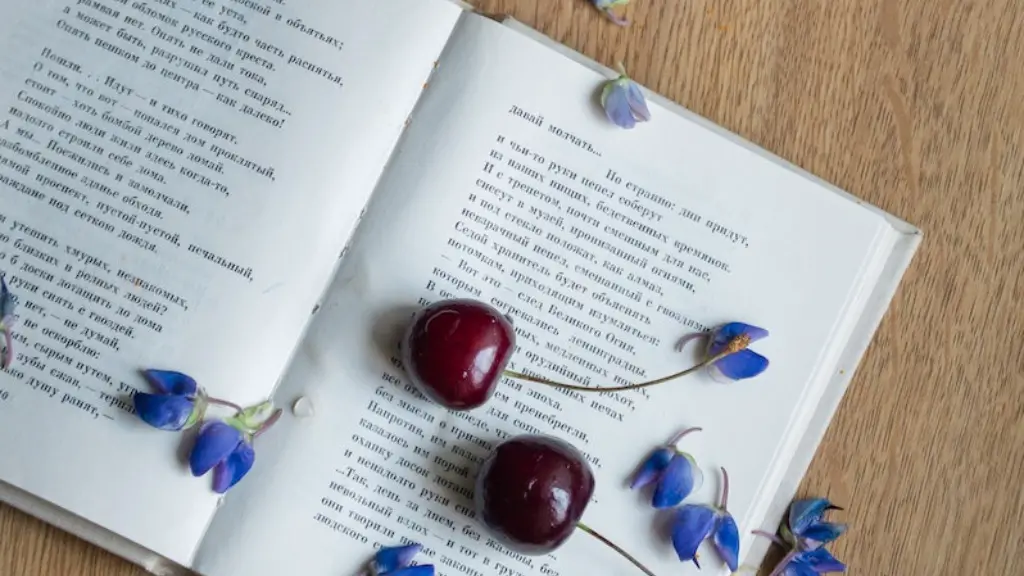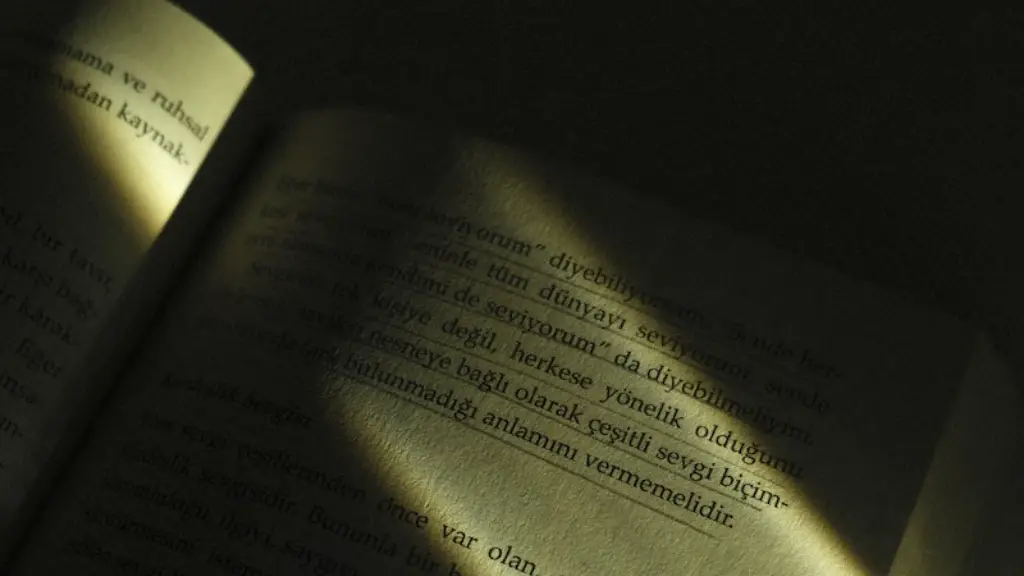Usage of Colloquialism and Slang
What if poetry took on a whole new face and form? What if it was used to break conventions and language barriers, uniting the various dialects of a region? What if poetry used colloquialism and slang instead of the traditional mediums?
Colloquialism and slang have an appeal which normal language lacks. It has the power to evoke feelings which the mundane simply cannot. Slang is a way of life embraced by many, as opposed to formal writing which is often limited in its use in everyday life. It is also a form of expression which goes beyond the literal and opens up way for originality in thought.
In aspects of literature, such as comedy and storytelling, colloquialism and slang are often the lifeblood of the narrative. It instantly transports the reader to the respective setting of the piece and instils a certain charm in it. It has enough gravitas to stir the emotions of the readers and reveal a certain aura around it. By leveraging off its usage, the author is able to tailor a narrative which is unique and appealing to its respective audience.
Experts opine that because slang and colloquialism often has an informal nature, it poses a unique challenge to the artist. It involves understanding the underlying colloquialism and slang and leveraging it to create a piece of art. This, in turn, involves knowledge of conventions and traditions of the respective region. It not only requires knowledge of the language, but its culture as well.
In poetry, such challenges are not so different from storytelling. It requires a grasp of the same challenges, but with the addition of a rhythmic flow to make the piece pleasing to the ear. This is possibly the biggest challenge when using colloquialism and slang; to avoid jumbling words together and instead creating something which has a nice flow and makes sense.
In the present day, colloquialism and slang have become a popular source of inspiration for poets, helping them to break out of their comfort zone and explore fields previously untouched. It has also provided a platform to mix convention with innovation, giving rise to an entirely new genre of poetry.
Creation of New Genres
Today, this mixing can be seen with the emergence of new genres such as rap poetry. Rap poetry embraces the usage of slang and colloquialism in its fullest form and blends it with typical ‘poetic’ construct. This is done by focusing on topics of interest to younger people, allowing the subject matter to be discussed in a manner which is appealing to a wider will, thereby captivating and educating both the young and the old.
Moreover, the use of colloquialism and slang has made poems more accessible to a wider spectrum of audience. By introducing new forms, poets are able to bridge the gap between language and culture and add another dimension to their work. It encourages the readers to explore their own cultural backgrounds, lending a personal touch to the poem and providing a real understanding to the storytelling.
Perhaps the most beautiful part of using colloquialism and slang in poetry is that it is a form of creative resistance against archaic forms of writing. It gives the poet the freedom to break away from tradition and tells a story in his/her own unique way; one which many can recognize, relate and reflect on.
Some poets have even managed to use colloquialism and slang as metaphors akin to what is found in classical literature. By leveraging off these double entendres, these poets have created an opportunity for the readers to further explore and understand their work. Such an approach has opened up a new canvas for creators, allowing them to showcase the strength and power of their stories.
Reflection of Society
With the usage of colloquialism and slang in poetry, poets are becoming great mediators. The focus has shifted from traditional forms and moved more towards what people actually experience on a day to day basis. It enables writers to truly reflect and present the society they live in, some going as far as confronting the political, social and personal issues faced by many.
It is possible to argue that due to the nature of language, colloquialism and slang has the tendency to be more effective when talking about social issues. It has a phrase-like structure which can be understood and appreciated by many, while still holding its natural charm and appeal. This is something which, arguably, cannot be found in traditional forms of poetry.
Nevertheless, there are still some critics who argue that the usage of colloquialism and slang has its pitfalls. One, being that due to the informal nature of the language, readability and flow can be affected, albeit to a lesser extent. Although, it can be argued that this does not necessarily detract from the work, as a certain degree of interpretational creativity is still needed from the reader.
Continuity of Tradition
Despite this, colloquialism and slang in poetry is still seen as something which should be embraced and encouraged, particularly its ability to mimic the local culture and vernacular language of an area. This, coupled with its newfound appeal to a wider audience, has given rise to many new poets who view this style as an artform of its own. It has allowed them to build on tradition and further the conversation, while still paying homage to the past.
Moreover, colloquialism and slang in poetry have been instrumental in the formation of various poetry groups, which are focused on promoting the use of this style. This has been further boosted by the ease of collaborations and sharing works online, as opposed to just through books. This has helped to spread the word and grow awareness in the community.
It is also worth noting that with the emergence of technology, the usage of colloquialism and slang in poetry can be further enhanced. This has led to the creation of new tools which enable poets to further explore their craft. It could be argued that such tools enable more sophisticated compositions, possibly leaving the reader more surprised and in awe.
Inclusiveness of Poetry
In conclusion, the use of colloquialism and slang in poetry has broadened the landscape of poetry, enabling readers and writers to connect on a new level. Whilst this is seen as controversial to some, particularly traditionalists, it brings forth opportunities to unite the voices of different communities in a positive way.
At the end of the day, what matters most is the empowerment of each individual to find a medium which resonates with them. With the implementation of colloquialism and slang, a wider spectrum of people can relate to the same piece, thereby achieving far more impactful and emotive expressions of poetry.
Influence of Social Media
Social media has undoubtedly been the biggest driving force for the increased usage of colloquialism and slang in poetry. As platforms are often seen as an outlet for younger people to express themselves, it is perhaps expected that the language and style used would be reflected in their art.
Nevertheless, many would argue that the usage of slang and colloquialism is a sign of progression in the industry. By having such works accessible and visible to the public, it allows more young people to engage in the art, without fearing the backlash that often comes with disregarding traditional forms.
Interestingly, the loosening of boundaries on social media has also enabled the artists to diversify. Through the use of these casual terms, they are able to create an entire visual and creative experience instead of just the words alone. This, in turn, enhances the overall piece and the impact it has on the readers.
Understanding of Emotions
Finally, the use of colloquialism and slang in poetry has enabled poets to connect with readers on an emotional level. It enables the readers to not only understand the words, but also the feelings behind them.
In other words, this style of poetry allows people to tap into the language of emotions. It is arguably more powerful than just reading and comprehending facts. Instead, it transports the reader to the mindset of the writer and experiences the world though the poet’s eyes.
It is perhaps this factor which has enabled this type of poetry to be embraced by so many. It opens doors to varied interpretations and perspective without prejudice or judgement. After all, this is what poetry should be about – expressing oneself without fear and condemnation.

